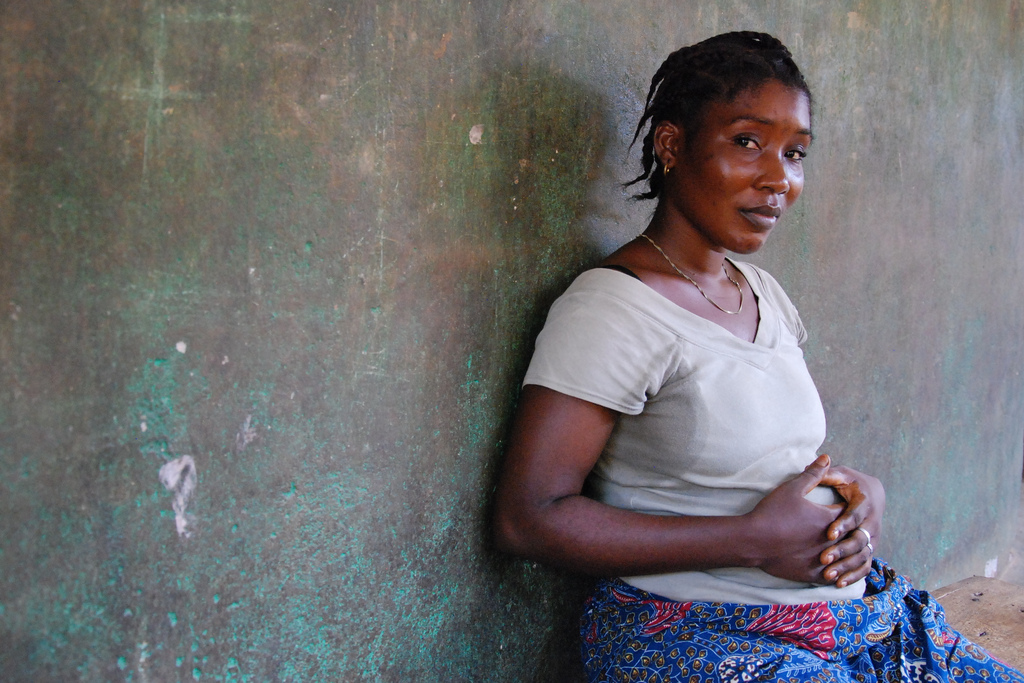Alternative Strategies to Prevent Malaria in Pregnancy Study Group
Alternative Strategies to Prevent Malaria in Pregnancy Study Group

The Alternative MiP Prevention Strategies (AMPS) Study Group’s aim is to determine the safety and efficacy of novel strategies for the control of malaria in pregnancy, specifically intermittent screening and treatment (ISTp), with an artemisinin-based combination therapy (ACT).
Invitations to contributors for the ISTp Asia / non Africa analysis will be sent out between Q1 and Q2 2017. Data collation will close by the end of September 2017. The Statistical Analysis Plan and outcomes will be circulated among all participants for feedback prior analysis in Q4 2017 and Q1 2018. The publication is planned for Q2 2018 and approval prior to publication will be sought from all Study Group members.
The World Health Organization (WHO) currently recommends intermittent preventive treatment for the prevention of malaria in pregnant women (IPTp) by administering treatment doses of an efficacious antimalarial drug during the second and third trimesters of pregnancy at predefined intervals at least a month apart. Sulphadoxine-pyrimethamine (SP) is the only antimalarial currently recommended for IPTp, however high-level parasite resistance to SP threatens the efficacy of the strategy. In East and Southern Africa, the effectiveness of IPTp-SP to clear peripheral parasitaemia and prevent low birthweight (LBW) decreases with increasing population prevalence of the Plasmodium falciparum dihydropteroate synthase (dhps) K540E mutation (see SP Resistance Study Group). The continued use of SP for IPTp in these highly resistant areas has been a topic of recent debate, reflecting the urgent need for an effective, safe and affordable alternative to SP1, 2, 3, 4and/or alternative ‘screen and treat’ strategies.
Intermittent screening and treatment in pregnancy (ISTp) consists of scheduled antenatal testing with rapid diagnostic tests (RDTs) and the treatment of RDT-positive women with artemisinin-based combination therapy (ACT), referred to as intermittent screening and treatment in pregnancy, or ISTp.5 In West African settings where parasite resistance to SP is low, ISTp with artemether-lumefantrine (AL) was not inferior to IPTp-SP in reducing low birth weight and was well-accepted by providers and patients.5, 6, 7, 8 However, cost-effectiveness analysis found that in areas without SP resistance, ISTp was not cost-effective compared to IPTp-SP.9 Two other trials were completed in east and southern Africa in areas with high grade SP resistance, which showed that ISTp with dihydroartemisinin-piperaquine (DP) was not superior to IPTp with SP.10, 11The results from these trials were disappointing, showing no evidence that this strategy is a suitable alternative to IPTp-SP either in areas with high SP resistance and malaria transmission in East Africa nor in areas of low SP resistance in West Africa. A meta-analysis of the safety and efficacy of ISTp with an ACT versus IPTp-SP using the results from Africa will shortly be completed.
Two other trials involving ISTp are ongoing in low transmission settings in India and in Indonesia. The findings from these trials and any other trials in similar settings will be combined to determine if ISTp has any role to play in the control of malaria in pregnancy with the current generation of RDTs, and if so, under which epidemiological settings, and/or if alternative strategies are required.
The Alternative MiP Prevention Strategies (AMPS) Study Group’s aim is to determine the safety and efficacy of intermittent screening and treatment (ISTp) with DP or AL.
To achieve these important goals, we aim to pool individual patient data from multicentre trials outside Africa to increase the power to detect study outcomes beyond what can be achieved by individual studies alone, as well as take into account the range of epidemiological settings. The proposed work will provide evidence to help further refine WHO policy development.
The specific objectives are:
Conduct an IPD pooled analysis of the safety and efficacy of ISTp vs current control strategies for the control of malaria in pregnancy in Asia or other non-African settings (2017/18)
- RCT Clinical trials of ISTp with an artemisinin combination therapy (ACT) in pregnant women conducted in Asia or other non-African settings
- Baseline data on patient demographics, including number of antenatal clinic visits
- Information on treatment dosing (mg/kg) and regimen
- Primary outcomes: malaria infection at delivery (composite of peripheral or placental parasitaemia detected by placental histology, microscopy, or RDT); Paucigravidae: adverse birth outcomes (low birth weight (LBW) or composite of small-for-gestation age, low birthweight or preterm birth); Multigravidae: P. falciparum infection at delivery.
- Follow-up of pregnant women to delivery or termination of pregnancy
- Safety data to include information on serious adverse events during follow-up
Once uploaded into the WWARN Data Repository, datasets will be standardised according to the WWARN Clinical (and, if applicable, Pharmacology) Data Management and Statistical Analysis Plan. The WWARN Clinical Data Management and Statistical Analysis Plan will be modified before analysis to reflect the variables and analyses relevant to the MiP studies. Data sets will be pooled into a single database of quality-assured individual patient data.
The Study Group comprises investigators who contribute relevant data sets to the pooled analysis and invited technical experts. Data sets remain the property of the investigator. More details about sharing data with WWARN and how WWARN will use data are available on the WWARN website.
The Study Group collectively makes decisions with respect to including additional studies, data analysis and plans for publication, in line with the WWARN Publication Policy. Dr Julie Gutman (fff2@cdc.gov ) and Prof Feiko ter Kuile (feiko.terkuile@LSTMed.ac.uk ) will co-lead the Study Group. Dr Jenny Hill is the Study Group Coordinator (jenny.hill@LSTMed.ac.uk )).
For further information, email jenny.hill@LSTMed.ac.uk and/or clinical@wwarn.org
